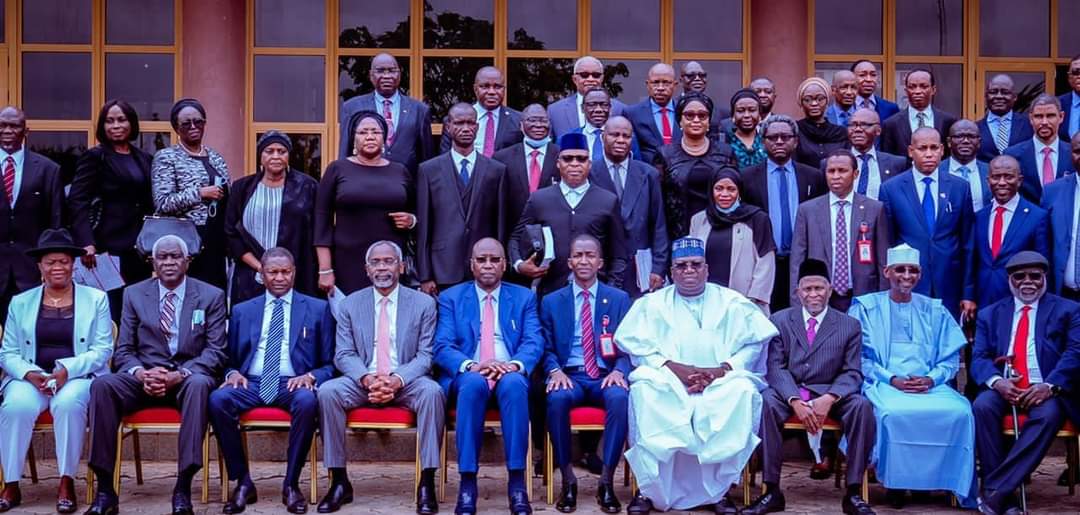Business
‘Internet Population Grows By 108.39% In Nigeria’

The population of Nigerians with access to fast Internet has grown by 108.39 per cent in four years.
Data obtained from the Nigerian Communications Commission (NCC) portal, Monday, has revealed that broadband penetration increased from 38.72 million (20.28 per cent) in March 2018 to 80.68 million (42.27 per cent) in March 2022.
According to the NBC data, and the ‘Nigerian National Broadband Plan (2020 – 2025),’ broadband commonly refers to high-speed Internet connection.
It added that broadband penetration is measured by the number of broadband subscribers per 100 inhabitants.
In the broadband plan document, President, Muhammadu Buhari , was quoted as saying, “I am told that every 10 per cent increase in broadband penetration results in about 2.6 per cent to 3.8 per cent growth in GDP.”
According to data from the NCC’s portal, the contribution of the telecoms industry to GDP increased from 9.19 per cent in Q1 2018 to 12.61 per cent in Q4 2021.
The broadband plan intends to effectively cover 90 per cent of the population and deliver 25 Mbps in urban areas, and 10 Mbps in rural areas.
“Rapid rollout of broadband services will address various socio-economic challenges faced by the country, including the need to grow its economy, create jobs, rapidly expand the tax base, and improve digital literacy and educational standards.
“This will also address identity management and security challenges through the effective use of technology, increase financial inclusion and deliver a broad range of services to its people to improve the quality of life and work towards attainment of Social Development Goals set by the UN for 2030”, it stated.
It further highlighted that 4G LTE network was needed to achieve the kind of download speeds Nigerians need.
When the broadband plan was released, much of the Internet service in the nation was on 2G and 4G, and that internet services in the country are currently provided on 2G, 3G, and increasingly 4G mobile networks.
Furthermore, it posited that though 4G coverage is available to 37 per cent of the population, download speeds in the country are noted to be generally uncompetitive with other countries in the same income bracket.
According to the plan, it costs $3.5 – $5bn to achieve its aim. Much of the growth in broadband penetration is being driven by telecommunication firms.
By: Corlins Walter
Business
Ban On Satchet Alcoholic Drinks: FG To Loss N2trillion, says FOBTOB

Business
Estate Developer Harps On Real Estate investment

Business
FG Reaffirms Nigeria-First Policy To Boost Local Industry, Expand Non-oil Exports

-

 Sports4 days ago
Sports4 days agoBarca Impress On Return To Camp Nou
-

 Sports4 days ago
Sports4 days agoBundesliga: Oliseh Stars As Bayern Rebound To Thrash Freiburg
-

 Sports4 days ago
Sports4 days agoSunderland Fall At Fulham
-

 Sports4 days ago
Sports4 days agoForest Embarrass Liverpool At Anfield
-

 Sports4 days ago
Sports4 days agoOgoni Nation Cup: Victory Against Amee Base Excites Coach
-

 Niger Delta4 days ago
Niger Delta4 days agoTraditional Ruler Seeks End To Benin Artifacts Unauthorized Promotion
-

 Maritime4 days ago
Maritime4 days agoNSC Decries Police Interferences With Cargoes At Seaports
-

 Sports4 days ago
Sports4 days agoMikel Dismisses Chelle’s ‘voodoo’ comments

